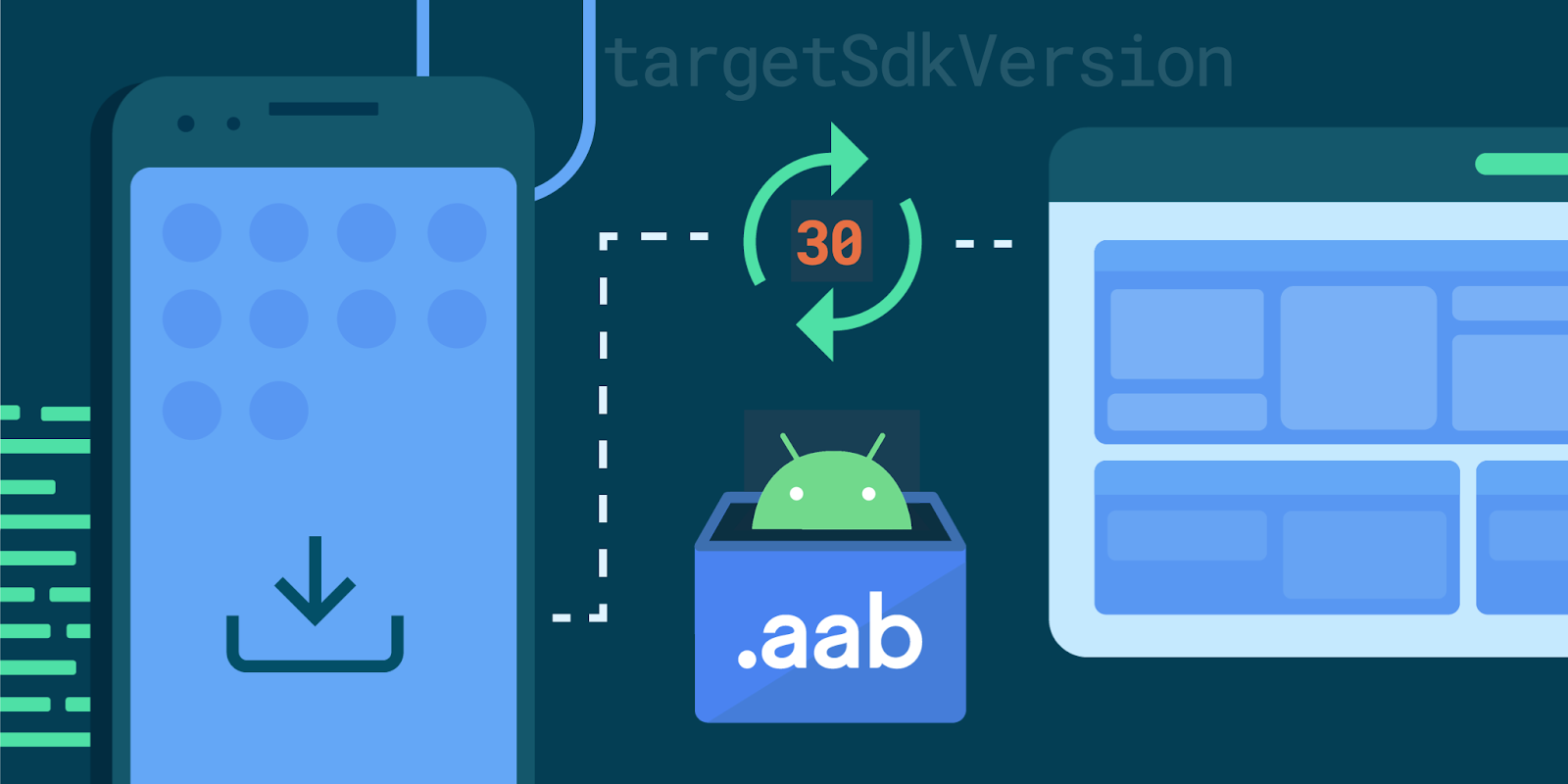
Google initially began preparing the Android App Bundle (AAB) installation package in 2018. By 2021, this format had become the default, requiring developers to build their applications in AAB format for distribution via the Google Play Store.
The advantage of the AAB format lies in its ability to distribute files tailored to different screen sizes, languages, CPU architectures, and Android versions. Google Play does not download the entire installation package but only the parts suited to the specific device, thereby significantly reducing the package size, saving bandwidth, and conserving storage space on Android devices.
However, to facilitate users in sharing APK files, Google Play could create full-size APK installation packages from AAB files (known as fat APKs). This allowed users to export and share APK files for sideloading. Recently, APKMirror, a renowned website for providing APK installation files, announced on GitHub that Google has abruptly ceased generating fat APKs for applications. Now, Google only offers bundled versions, affecting users who directly download APK files for installation.
While the AAB format can be installed through Google Play, third-party tools and ADB commands can also deploy AAB applications. However, this adds complexity for users, making it less convenient than directly downloading and installing APK files.
The Android system itself has not been modified, and Google’s reasons for suddenly halting the provision of fat APKs remain unclear. This move appears to be an effort to curb the scraping of applications from Google Play and compel users to download and install applications via the Play Store.
Of course, developers can still distribute APK installation packages directly through their websites, providing an alternative solution. This is particularly useful for users who cannot access Google Play, as direct APK installation remains more straightforward for them.


